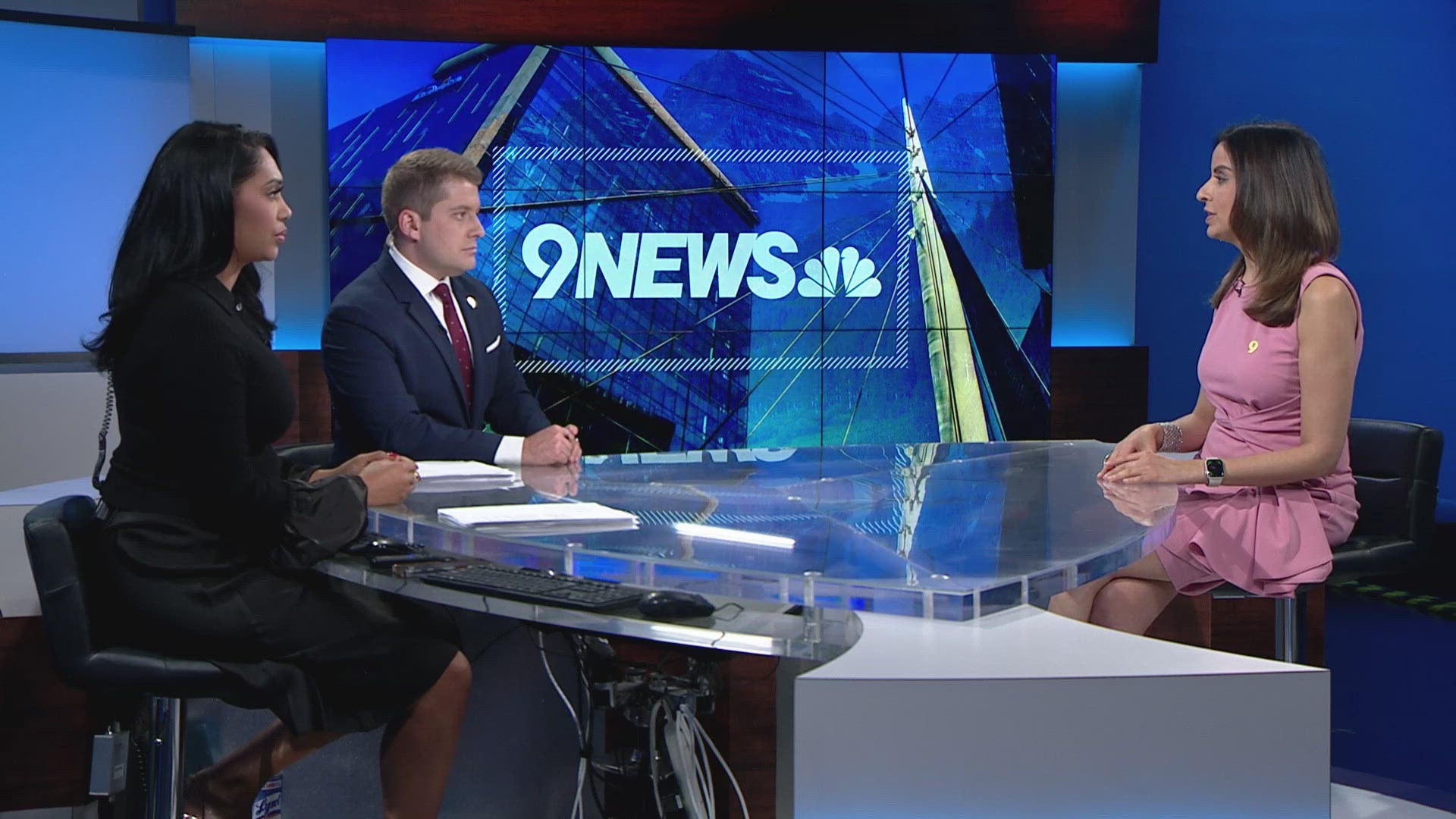9NEWS Medical Expert Dr. Comilla Sasson has made it her goal to help you decode what medical facts you read out there are fact and which ones are fiction.
This weeks topic deals with aging gracefully. Here are some common questions about getting older and the effects on your body and mind -- and whether the adages you see are actually true.
1) As we age we don’t have to sleep as much? FICTION
We all still need 7 to 9 hours of sleep per night. Unfortunately, as we get older, it can take us longer to fall asleep, our sleep quality can decline and we spend more time in the lighter, non-REM sleep cycles. But, getting enough sleep is crucial to physical, mental and emotional health. Not getting enough sleep has been linked to heart disease risk, kidney disease, diabetes, strokes, depression, being overweight and other health problems.
So what can you do to improve your sleep as you get older? Practice good sleep hygiene. Only go to bed when it is bedtime. Avoid using any electronic devices prior to going to bed (e.g. put away the phone). Avoid caffeine in the afternoon. Try not to rely on medications and alcohol to help you sleep.
Make sure that if you snore, you get tested for sleep apnea, as this can keep people from falling asleep at night.
2) Can doing Sudoku and crosswords slow the rate of brain function decline in older adults? FACT (ish)
Researchers are split on whether doing puzzles, crosswords and Sudoku can keep the brain sharp.
Some studies have shown that doing these types of brain games can decrease the chances of developing dementia and Alzheimer;s. Other studies say, by doing more brain games, you aren't necessarily improving brain function for the entire brain, just the part of the brain that is involved in doing the activity.
Either way, there have never been any bad effects from doing these. So, for those of you brain game enthusiasts, keep on keeping on. Even if it doesn't necessarily have a huge impact on brain function, these games can also be relaxing, stress relieving, and fun for people to do.
3) Older adults need special vitamins? FICTION
There is a huge industry of multivitamins and nutritional supplements geared to all different age groups. For most people, including toddlers up to older adults, can get their vitamins and minerals through a healthy diet.
Older adults may need more B vitamins than other age groups. But this can be found by increasing the intake of food rich in these vitamins like fruits and vegetables (especially dark, leafy greens), poultry (like chicken), eggs, fortified cereals, milk and dairy products. Older adults may also need more vitamin D and calcium for their bone health. Again, this can be found in foods like dairy products, fish (salmon), eggs, cheese and fortified cereals.
The reason older adults may end up needing to take multivitamins is that their diets can be affected by living on a fixed income, not being able to drive or access fresh foods, and lack of variety in the diet.
Ideally, it would be changing your diet first, and then seeing if any additional vitamins are needed. Special caution is needed as well, as some vitamins and supplements can also interact with medications, so always important to discuss with your healthcare provider first.



